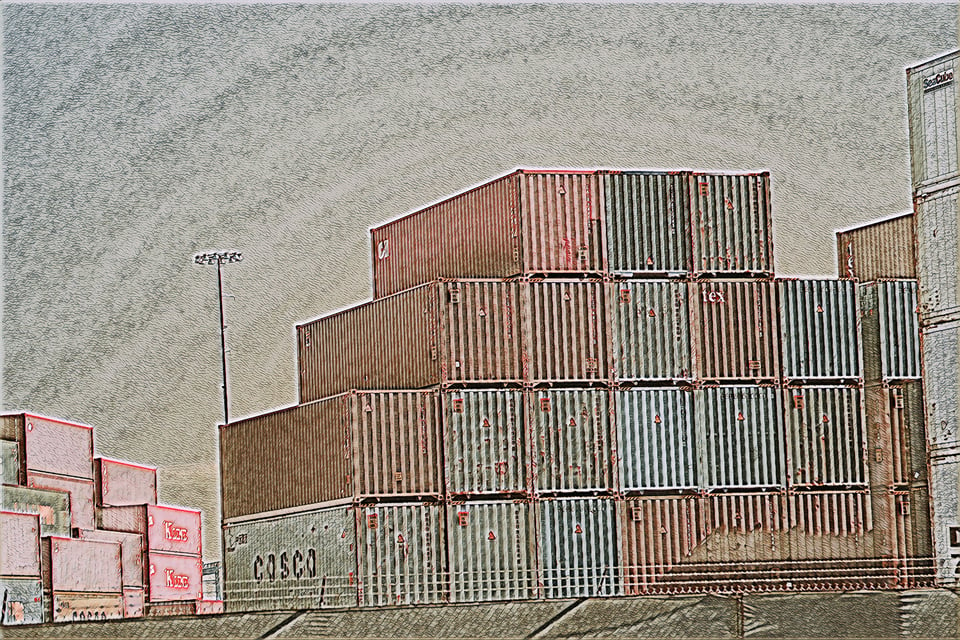Weekly API Evangelist Governance (Guidance)
It was another slow summer week in which not a lot of business got done. But, as I made to and from Maine to see family this week I spent time continuing to recalibrate how I approach the world of APIs. Resetting my narrow focus on HTTP APIs in support of API governance, back to a diverse API toolbox in service of API integrations.
In Support of Consumers
When it comes to API consumption I strongly support the usage of whatever protocol or pattern that an API consumer needs to accomplish what they need. While I think there is a huge opportunity for API governance to be realized at the API integration layer, I will be researching, crafting artifacts, and telling stories that support not just HTTP APIs, but any pattern across HTTP APIs, as well as TCP, or any other protocol that is needed to get an application or integration up and running.

Cheap and Effective
Business of all shapes and sizes depend on API integrations to make their business work, but most business and even engineering stakeholders don’t care about the finer details of data, application, system, and cloud integrations—they just want them in production working. Today’s integration need to be as cheap and effective as possible and while it is a nice thought to innovate at this layer, the priorities for most business and engineering leadership will be just to have the integrations in place working as quickly and cheaply as possible.

Reliable and Performant
APIs are just like your electricity—nobody wants to think about them unless they aren’t working. API integrations need to be reliable and performant, and beyond that there isn’t a lot more business and engineering leadership is going to want to be concerned with. APIs are an essential data, application, system, and intelligence utility and they should just be able and work without much work involved, integrating business domains, across partners, as well as with 3rd-party SaaS solutions that are already being used across teams.

Standardized as Required
Standards are an essential part of operating on the web, but understanding and applying the myriad of standards available today takes a full-time team to make sense of and apply properly in production. Standardization is a requirement across integrations, but which standards are a priority will depend on the industry in which an integration is operating, and the role that a standard plays in making an integration happen or not, which does not leaving much room for extraneous standards—only the standards that are required.

Pragmatic and Realistic
My world view of APIs in this next phase of work will be pragmatic and realistic. I am less concerned with the “right way” and more concerned about what an API consumer needs to accomplish a specific business objective without anything getting in the way. Us technologists get caught up in a lot of the potential details of integrating data, applications, and systems across the cloud, but the realities of what is needed is what will be driving my storytelling on API Evangelist, keeping my approach much more pragmatic and realistic than before.

The Big Picture
There are definitely a lot of technical details that need tending to as part of API integrations, but business and engineering stakeholders are most interested in understanding the big picture of integration. Concerns are primarily focused on the cost, performance, and reliability of API integrations, but tended to at scale across many different integrations from many different services. The average organization is using 100+ SaaS services, and the next shift in the API space is being able to see the big picture across all of this.

Widening the Focus
I still believe that API governance needs to begin with HTTP APIs, but API Evangelist is 100% focused on API integrations as I am building Naftiko, so I will need to back away from an earlier proclamation that I was staying focused on just HTTP APIs. I have opinions about all the protocols and patterns in use today, but I will be doing a lot of listening when it comes to integration across data, applications, systems, and the cloud, and sharing my opinions only when partners and customers are asking for what is needed.
If you change the way you look at things, the things you look at change. - Wayne Dyer